The Power of Data: How to Make Informed Decisions Without the Guesswork
may 2025 / Anastasiia skurtul
We’ve all been there - staring at a whiteboard, trying to map out a new program, campaign, or funding strategy based on “what we think might work.” There’s a time and place for instinct and creativity, but when the stakes are high - like securing grant funding or launching a major initiative - guesswork just isn’t enough.
That’s where data comes in.
At its core, data is more than just numbers on a spreadsheet. It’s insight. Direction. Evidence. And when used well, data empowers you to make confident, strategic decisions that move your organization forward.
Why Data Matters (Even for Small Organizations)
Whether you're a nonprofit leader, a startup founder, or a solo changemaker, you may think data is only for big institutions with research teams and analytics software. Not true. Every organization—no matter the size—can benefit from building a data-informed culture.
Here’s why:
- Data makes your case stronger.
Funders and partners want proof, not promises. When you can show that your work addresses a clearly documented need—and that you have results to back it up—you immediately stand out.
- Data reveals what’s really happening.
Maybe your youth program feels successful, but how do you know it’s actually increasing graduation rates? Data helps you measure your impact and adjust your approach when necessary.
- Data saves time and money.
Stop investing in strategies that don’t deliver. Good data helps you focus on what works and pivot when needed—without relying on trial and error.
- Data builds trust.
Transparency is powerful. Sharing your numbers with your board, funders, and community builds credibility and accountability.
Common Mistakes: Where Organizations Go Wrong
Despite its benefits, many organizations still struggle to use data effectively. Here are a few common pitfalls I see in my consulting work:
Only collecting data to check a box.
Gathering information just to satisfy a grant requirement misses the point. Data should guide decisions, not sit in a drawer.
Not knowing what to track.
You don’t need to measure everything. Focus on the metrics that truly reflect your goals, like participant outcomes, cost per service, or community feedback.
Collecting data but never analyzing it.
Having raw data is just the first step. The real value comes from interpreting it and using it to inform decisions.
How to Start Using Data (Without Feeling Overwhelmed)
You don’t need to hire a statistician or launch a full research study to get started. Here’s a simple process that works for any organization:
- Define your questions. What do you want to know? What decisions are you trying to make? Start with curiosity.
- Choose your data sources. These might include surveys, interviews, attendance records, financial reports, or public datasets.
- Collect consistently. Don’t just gather data once a year. Regular collection helps you track progress over time.
- Review and reflect. Set aside time to look at your data. What trends do you see? What surprises you?
- Take action. Use the insights to make changes, improve programs, or strengthen your next grant proposal.
Using Data in Grant Writing
This is where data can truly shine. Grant reviewers want more than good ideas—they want proof that your organization understands the problem, knows its audience, and has a plan that works.
When you include data in your grant proposals, you:
- Demonstrate the need for your project (using local statistics, community assessments, etc.)
- Support your program design with evidence-based practices
- Show that you’ve tracked outcomes from similar efforts
- Justify your budget and staffing plan
And the best part? When you’re already using data in your day-to-day decision-making, writing a grant becomes easier and more compelling.
Let Data Be Your Compass
If you want to grow, attract funding, or deepen your impact, stop guessing. Start using data. Not because it’s trendy, but because it works.
And if you’re not sure where to start, that’s where I come in. Whether you need help identifying the right metrics, creating a survey, or using data in your next proposal, I can guide you through the process.
Let’s make your decisions smarter—and your impact stronger.
